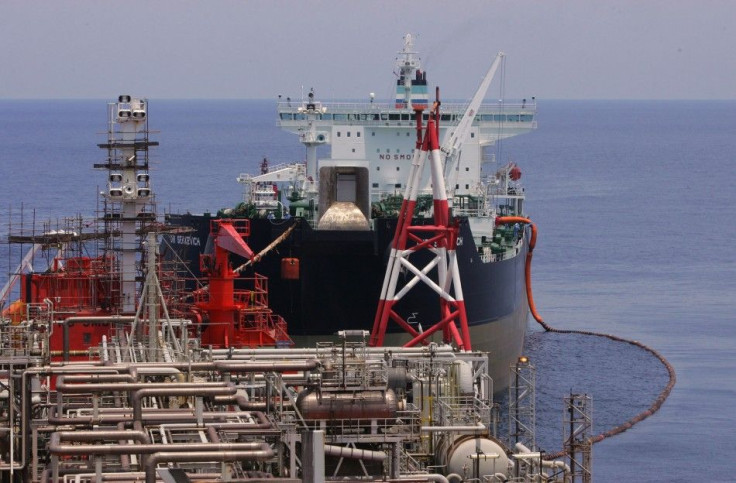China Launches Deep Water Oil Drilling In South China Sea

China's first deep-water oil drilling rig has begun operations in the South China Sea amid maritime tensions between Manila and Beijing over a disputed shoal in another region of the disputed waters, Chinese state media reported Wednesday.
Beijing's oil production, which was previously limited to a depth of 300 meters, will venture deeper with the new rig, located about 320 kilometers southeast of Hong Kong, drilling at a depth of 1,500 meters, Xinhua news agency said.
The state-owned China National Offshore Oil Corp, the operator of the the rig, called the moment a substantial step for China's deep-sea oil industry.
China, which relies heavily on energy imports, is believed to be eyeing the oil and gas reserves of the South China Sea, leading to a standoff with the other nations in the region over claims of territorial sovereignty over a group of islands and reef that are located near the Philippines' Luzon Island. The new oil rig, however, isn't located in the disputed region.
Both China and Taiwan have long claimed ownership of the shoal, and since 1997, Philippines has joined in as well.
Recent military drills, involving nearly 7,000 US and Philippine forces, intensified the standoff that began April 10, when two Chinese ships thwarted the Philippines' effort to arrest several Chinese fishermen accused of entering illegally and poaching near the Scarborough area.
As tensions escalated, a top military publication in China warned that the US may be risking an armed confrontation by undertaking joint military drills with the Philippines.
China's growing maritime influence in the region has neighboring nations like Brunei, Malaysia, Vietnam and Taiwan worried over territorial confrontations.
China claims almost the entire South China Sea, including what is recognized by the UN as the Exclusive Economic Zone, according to reports.
Beijing asserts that the islands and waters of the South China Sea, which Manila now calls the West Philippines Sea, were first discovered in the 13th century by a Chinese emperor. Though a Chinese spokesperson recently denied historical ownership as the reason for the claim, he maintained that China had indisputable sovereignty over all islands and waters in the South China Sea.
China's position on the South China Sea issue is consistent and clear. China has indisputable sovereignty over islands in the South China Sea as well as their adjacent waters, China's Foreign Ministry Spokesperson Hong Lei said during a press meet on Feb. 29.
© Copyright IBTimes 2024. All rights reserved.












